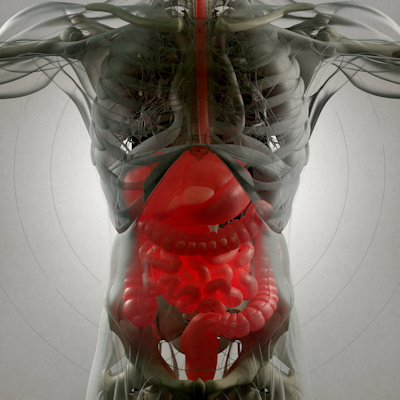August 23, 2022 -- Researchers at the Hubrecht Institute have improved human small intestinal organoids with mature Paneth cells that were not present in previous miniature versions of the small intestine.
While the small intestine contains a wide array of cells, Paneth cells are important for preventing infections as they produce antimicrobial peptides that act against harmful bacteria. Previous organoids, tiny human organs in lab dishes that are meant to reflect the complexity found in the body, lacked Paneth cells and as a result did not fully represent healthy human small intestines, according to the researchers.
Their study, published August 23 in the journal Cell Stem Cell, describes the new, optimized version of the small intestinal organoids that include all cell types of the human small intestine. Among the surprising findings, researchers discovered that the molecule interleukin-22 (IL-22) increased the number and activity of Paneth cells.
"At the moment, people believe that IL-22 can promote stem cell function. Our study actually showed that IL-22 does not do this, but rather stimulates the activation of Paneth cells," Gui-Wei He, a researcher at the Hubrecht Institute, said in a statement. This function of IL-22 was used to increase the numbers of active Paneth cells in human small intestinal organoids, which led to the development of organoids that mimic healthy small intestines.
With optimized human small intestinal organoids now available, researchers can potentially use them to make mutations in the DNA of the cells and determine how mutations -- which occur in inflammatory bowel disease -- affect the function of the small intestine.
Copyright © 2022 scienceboard.net








